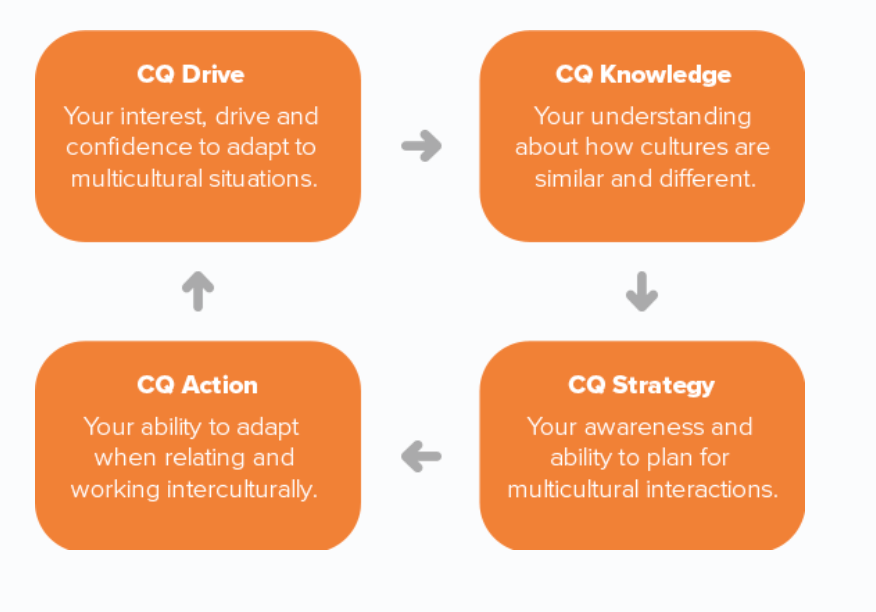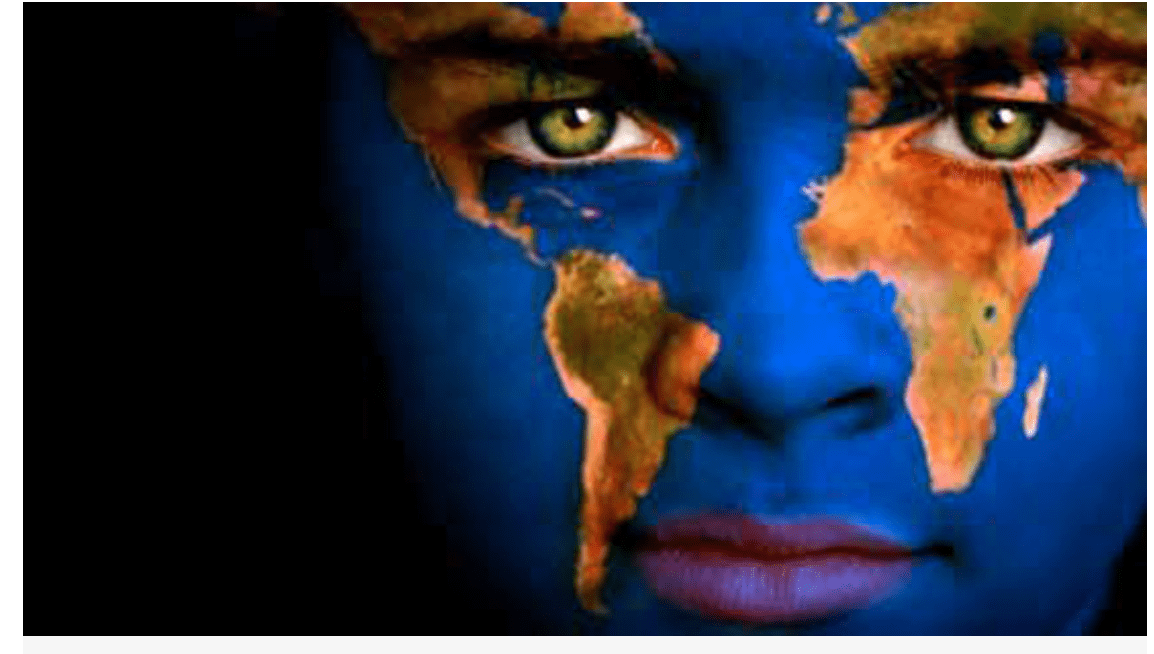No one could have predicted the challenges of 2020. Last December, as I have done over the previous five years, I committed to my #oneword for 2020. Acceptance. Not knowing what was to come, it was the perfect word. I committed to accepting:
* the highs and lows that the year brought.
* being uncomfortable, emotional, and challenged.
* pushing my limitations.
* the love and support of my family and friends.
* done is better than perfect.
* failure and the lessons it provided.
* the opportunities and choices that I had.
* positive intentions.
I found myself coming back to this over and over again. I struggled as a leader to manage change and lead an international school amid a pandemic. I processed the grief and loss of what might have been, saw the struggles of others around me, left a job and community that I loved, completed my EdD courses online, and supported my children as they transitioned into new careers and adulthood. I know that my challenges pale compared to so many, and I am so grateful for an encouraging and supportive partner, financial stability, and the love and reassurance of family and friends.
I have thought a great deal about my #oneword for 2021. Without having secured a full-time leadership position at this time, I still find myself intentionally (2016) looking for new jobs that fit my core values, exploring (2019) possibilities (2018), and looking for new opportunities. These #onewords remain a focus for me moving forward as I seek to find the right leadership opportunity for 2021.
I believe this year has stretched us all to look beyond ourselves and to focus on our humanity. Crisis, death, tragedy, sadness, and trauma surround us. We have seen horrific events played out over and over in the media, causing anxiety and uncertainty. Depression, addiction, violence, isolation, and hopelessness have plagued family, friends, and communities. There has been a great sense of loss, and for many, regaining what was lost will require resilience, hope, and determination. We have seen time and time again, the strength of the human spirit and what others can accomplish with hope, faith, and love. I am in awe of the power of this human spirit and find it inspirational.
This year I have decided that my one word will be light.
Light is the ability to:
* illuminate
* ignite
* brighten
* understand
* find an opening
* be free from worry
* be gentle
* be cheerful
* see possibility
I want to find the light within myself and support others in doing the same. We all need more light in our lives. I hope that 2021 allows me to let light in, shine brightly and find hope in the darkness for others.




















